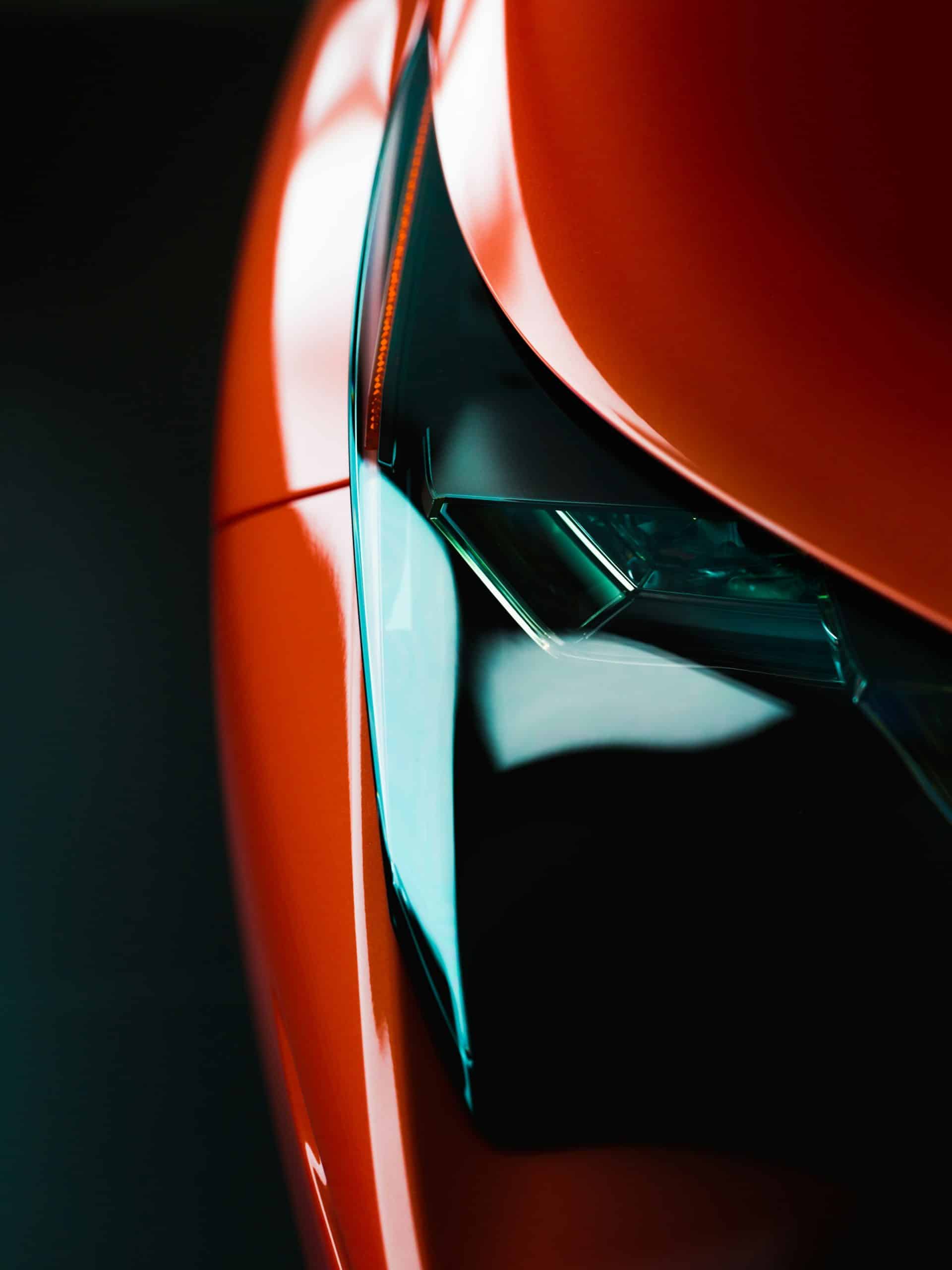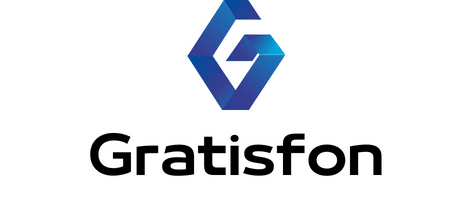What Are the Best Non-Damaging Methods to Personalize a Leased Vehicle?

When you lease a vehicle, it’s easy to forget that it doesn’t actually belong to you. However, just because you don’t own the car doesn’t mean that you cannot make it your own. It’s possible to personalize a leased car without causing any damage or incurring any extra costs. In this article, we explore some of the best ways to do this.
Choosing Personalized Car Accessories
Integrating personalized car accessories is an excellent way to give your leased vehicle a unique touch. These accessories are often easy to install and remove, and they can make a significant difference in the overall feel of your vehicle.
En parallèle : How to Choose the Perfect Seat Covers for Pet Owners?
Seat covers are perhaps one of the simplest and most effective ways to personalize your car. They come in various colors, patterns, and materials, offering a great way to reflect your personal style. They’re also practical, as they protect the original seats from wear and tear.
Floor mats can be another fun way to personalize your leased vehicle. Like seat covers, they come in a wide range of styles and can also protect the original car mats from damage.
A lire également : Discover the museum of islamic art and morocco's rich heritage
Finally, steering wheel covers can add a touch of personality to your vehicle. They’re available in various colors and materials, allowing you to choose one that suits your style and preferences.
Remember, though, that while these modifications are non-damaging, they must be removed before you return the car to the leasing company.
Adhering to the Leasing Agreement
Your leasing agreement is a legally-binding contract, and it stipulates what you can and cannot do with your leased vehicle. It’s crucial to know and understand these terms before making any modifications.
Most agreements prohibit modifications that could potentially damage the vehicle. These include changes that might affect the car’s functionality, such as engine modifications, or those that would change its appearance, like painting or adding permanent decals.
However, many leasing companies allow for non-permanent, non-damaging modifications. This could include adding accessories, as discussed earlier, or using removable decals or magnets to personalize the exterior of the vehicle.
Additionally, it’s important to remember that any wear and tear beyond what is considered "normal" may result in extra charges when you return the vehicle. This includes any damage caused by modifications, so it’s always essential to be careful and considerate when personalizing your leased car.
Considering Car Insurance
When deciding to personalize your leased vehicle, it’s also important to consider the insurance aspect. Any modifications you make could potentially affect your insurance premiums, especially if they increase the value of the vehicle or make it more attractive to thieves.
However, most non-damaging modifications, such as adding accessories or using removable decals, are unlikely to significantly impact your insurance costs. Still, it’s always a good idea to check with your insurance company before making any changes to your vehicle.
And remember, just because a modification doesn’t damage the car doesn’t mean it won’t affect your insurance. For example, adding high-end stereo equipment could increase the value of the vehicle and therefore your insurance premiums.
Taking Care of Mileage and Wear
When you lease a vehicle, you agree to keep the mileage under a certain limit and avoid excess wear and tear. Both of these factors are crucial to consider when personalizing your leased car.
For example, if you’re thinking of adding a roof box for extra storage, bear in mind that it could increase fuel consumption, adding to your mileage. Similarly, adding seat covers or floor mats can protect the original materials from wear, which could save you money when you return the vehicle.
However, you must be careful to avoid causing any damage when installing these items. Any marks or scratches could be considered excess wear and tear, potentially resulting in additional charges when you return the car.
Ensuring Easy Removal
Finally, one of the most important things to remember when personalizing a leased car is that any modifications must be easily removable. This is because you will need to return the car in its original condition at the end of the lease.
This means you should avoid any modifications that would leave marks, holes, or other forms of damage. For example, avoid drilling holes to install a phone holder or stereo equipment.
Instead, look for products that can be installed without causing damage. Many phone holders, for example, can be attached to the air vents or the dashboard using adhesive pads.
When it comes time to return the car, ensure you’ve removed all your personal touches and that the vehicle is in the same condition as when you leased it. This will help you avoid any extra charges and ensure a smooth end to your lease.
Navigation System Upgrades
When it comes to personalizing a leased car, navigation system upgrades can offer a subtle yet substantial enhancement to your day-to-day driving experience. This method of customization is particularly appealing for many lease-holders, as it does not involve any physical modifications to the car’s exterior or interior that could breach the terms of the lease agreement.
The market is flooded with portable GPS devices that offer advanced features beyond what’s typically installed in a factory vehicle. These include real-time traffic updates, 3D mapping, integrated dash cam, voice control and even Wi-Fi connectivity. This kind of upgrade can not only make your drives more comfortable and efficient but also more enjoyable.
When choosing a portable GPS, it’s worth considering one with a suction cup or vent mount to avoid leaving any adhesive residue on the vehicle’s surfaces. It’s also essential to remember that this device needs to be removed and unplugged when the car is not in use to avoid draining the car’s battery.
Remember, if you decide to upgrade your leased vehicle’s navigation system, check with the leasing company first. Even though this doesn’t typically involve physical modifications to the car, it’s always better to stay within the terms of your lease agreement.
Personalizing with App Technology
With the rise of modern technology, personalizing your leased vehicle can be as simple as downloading an app. Car apps are an excellent way to customize your driving experience without making any physical changes to the car itself.
There are plenty of car apps available which offer a range of features, from maintenance reminders to fuel economy trackers. There are also apps that allow you to customize the car’s infotainment system, providing access to your favorite music, podcasts, and more.
In addition, there are apps that can turn your phone into a dash cam, help you find parking, or even locate the best fuel prices in your area. All of these can make your driving experience more enjoyable and personalized.
However, while using apps to personalize your leased car is generally safe from the perspective of wear and tear, it’s essential to remember not to leave your phone or device visible in the car when you’re not in there. This could make your vehicle a target for break-ins, something that would certainly count as excess wear and could result in additional charges from your leasing company.
Conclusion
Personalizing a leased vehicle can be a rewarding way to make your car feel like your own, even if it technically belongs to the leasing company. However, it’s crucial to remember that any personal touches must be non-damaging and easily removable to avoid incurring any additional charges at the end of your car lease.
By choosing personalized car accessories, adhering to the leasing agreement, considering car insurance implications, taking care of mileage and wear, upgrading the navigation system and utilizing app technology, you can successfully add a personal touch to your leased car.
With careful planning and consideration of the terms of your lease contract, you can enjoy the benefits and freedom of driving a vehicle that feels uniquely yours, without the long-term commitment of buying a car. So, get creative and start personalizing your leased car today in a way that’s hassle-free and respects the rules of your vehicle lease agreement.
